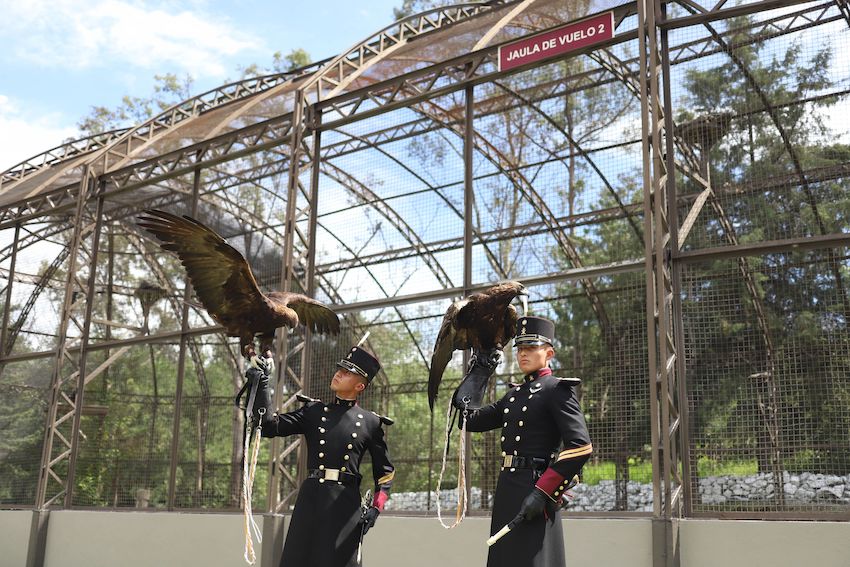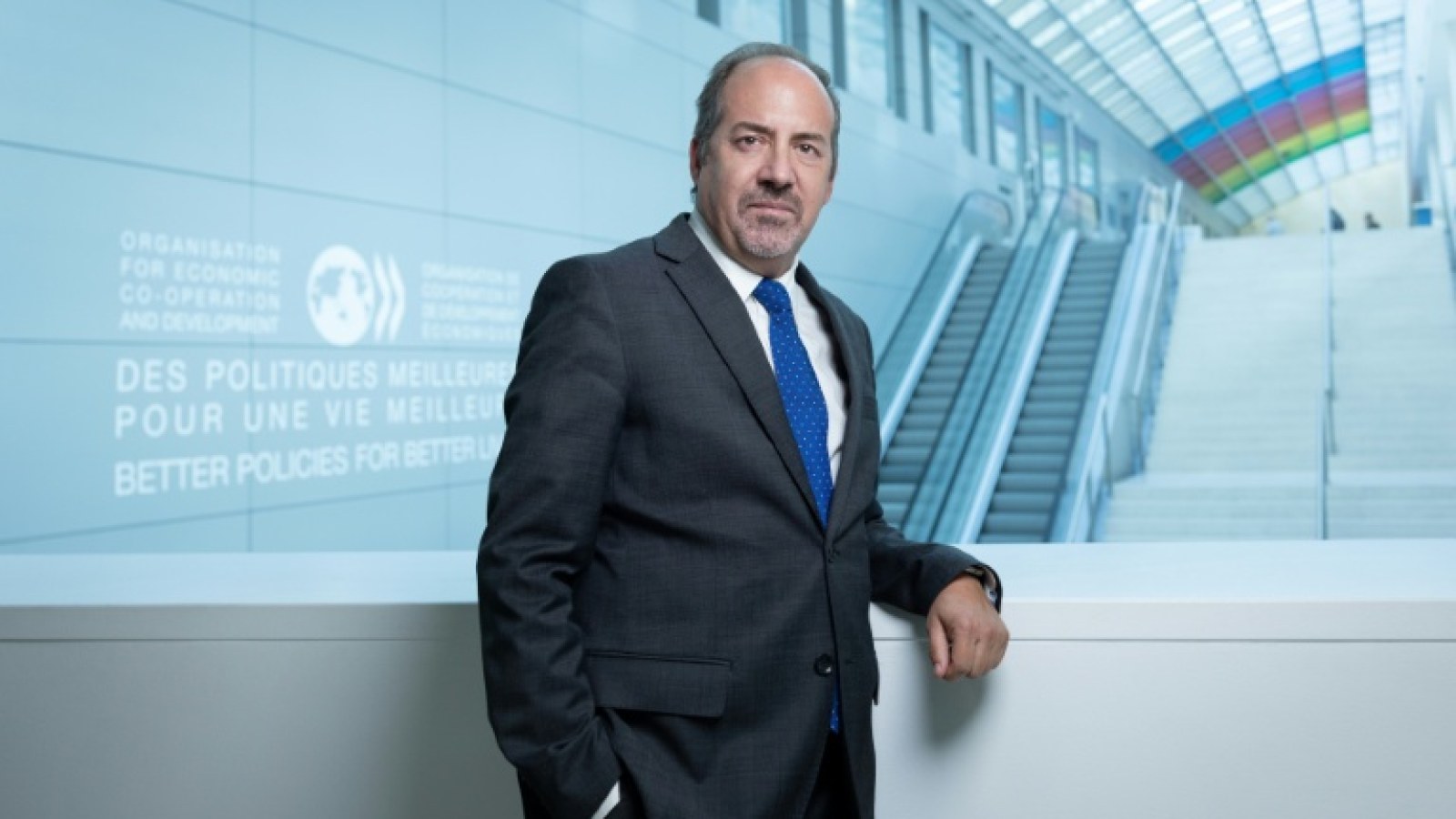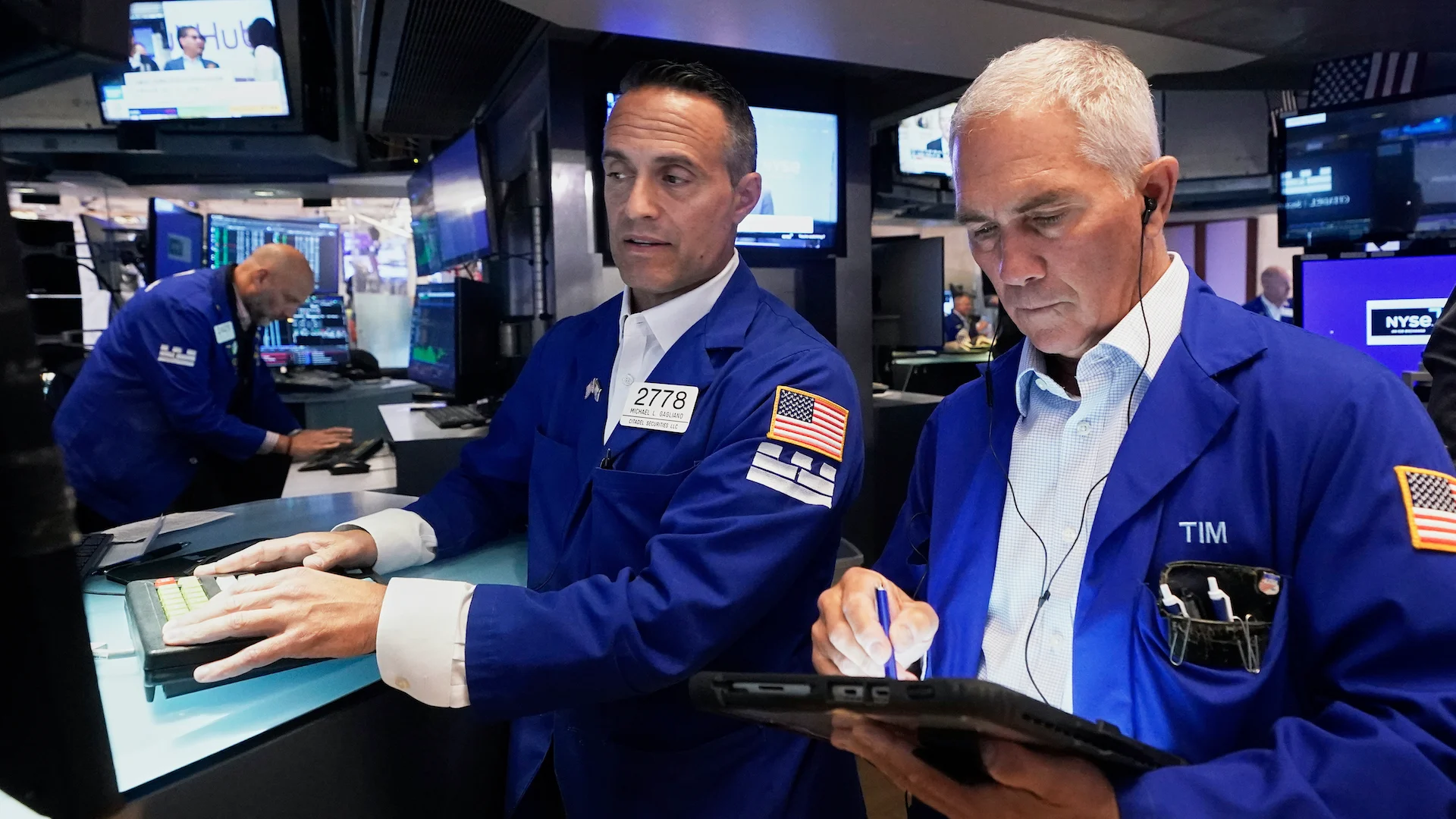By MND Staff
Copyright mexiconewsdaily

The week of September 22-26, 2025, offered a window into President Claudia Sheinbaum’s management of criticism and praise.
On Monday, the brutal murders of two Colombian artists in México state sparked a diplomatic crisis, prompting Colombian President Gustavo Petro to personally intervene and criticize Mexico’s anti-cartel policies. The last five days also brought significant trade pressures from two major partners, with President Trump announcing a 25% tariff on heavy trucks and China simultaneously launching its own trade investigation into Mexico. Meanwhile, U.S. Ambassador Ronald Johnson was reported praising Sheinbaum’s “bold change” in security strategy, which she firmly rejected, stating she is “simply strengthening certain areas” rather than implementing a new approach.
Didn’t have time to read every story this week? Here’s what you missed.
Major orgs upgrade forecasts for 2025, 2026
International financial institutions showed renewed confidence in Mexico’s economic prospects despite mixed signals from recent data. The International Monetary Fund upgraded Mexico’s 2025 growth forecast to 1% from a previous prediction of a 0.3% contraction, and the OECD followed suit by raising its 2025 forecast to 0.8% from 0.4%.
However, these optimistic projections faced challenges from new economic data showing Mexico’s economy contracted 1.2% annually in July and 0.9% compared to June, marking the worst annual performance since February 2021. The contraction was driven by a 12.2% plunge in the primary sector and a 2.8% decline in the secondary sector, while the tertiary sector managed only 0.4% growth.
The construction sector’s 4.1% annual decline and manufacturing’s 1.8% drop reflected reduced government infrastructure spending and ongoing economic uncertainties. Analysts from Banamex and Vector maintained cautious optimism, forecasting 0.4% growth for 2025, while Mexico’s Finance Ministry projects growth between 0.5% and 1.5% for the year.
Colombian artists’ deaths draw international scorn
The tragic discovery of two Colombian artists’ bodies cast a shadow over Mexico-Colombia relations and raised questions about Mexico’s ability to intervene in organized crime. Reggaeton singer B King (Bayron Sánchez) and DJ Regio Clown (Jorge Luis Herrera) were found dead in México state after disappearing in Mexico City on Sept. 16.
The case gained international attention when Colombian President Gustavo Petro personally requested assistance from President Sheinbaum in their search. A day later, Petro’s reaction to the news of their death was strongly political: “They murdered our youth in [Mexico]. More young people murdered by an anti-drug policy that isn’t an anti-drug-trafficker policy,” he wrote on X.
Sheinbaum characterized the murders as “an unfortunate episode” that wouldn’t affect bilateral relations, emphasizing that Mexico’s Foreign Ministry remained in close contact with Colombian authorities.
Innovation highlights
Mexican creativity took center stage with two remarkable ideas that showcased the country’s innovative spirit.
In Durango, Los Yuma Project pioneered a revolutionary approach to music-making by tapping into the secret electrical impulses of mushrooms.
In Guanajuato, student Alejandro Aguilar won the James Dyson National Award for his OpticalApp, an AI-powered smartphone application capable of diagnosing up to 28 retinal diseases in under 30 seconds.
In Chiapas, a young developer’s work brought Tzotzil language support to ChatGPT, marking a significant achievement in preserving indigenous languages through AI technology.
Mexico’s infrastructure prowess also earned global recognition as Mexico’s Olmeca refinery secured third place at the International Project Excellence Awards, highlighting the engineering achievement of the major energy infrastructure project that has become a flagship of the country’s energy independence efforts.
Water relief for CDMX
The president announced during her Monday mañanera that the Cutzamala water supply system reached 84% of capacity, up from 70% in late August. This significant improvement came thanks to Mexico City’s particularly productive rainy season in 2025, which helped replenish the seven-reservoir system that serves the capital and surrounding metropolitan area.
This guarantees at least two years of uninterrupted supply, according to the National Water Commission (Conagua).
Sheinbaum noted, however, that while most of Mexico benefited from above-average rainfall, four states — Baja California Sur, Baja California, Sonora and Sinaloa — hadn’t received the rains they needed this summer, underscoring regional disparities in water security.
This week, Conagua also revealed its plans to crack down on water theft, a problem that authorities say is “more pronounced” in certain states, including Chihuahua, Guanajuato, México state and Michoacán.
Mexico in Madrid: Tourism Ministry sets sights on new markets in 2026
Mexico’s tourism sector showcased ambitious plans to expand its international appeal while defending its safety record. Tourism Minister Josefina Rodríguez made a bold declaration that “there is no insecurity for tourists in Mexico”, emphasizing that “a tourist who goes to Mexico is protected, is loved.” Her comments came as Mexico prepares for its starring role as partner country at Madrid’s 2026 International Tourism Fair (FITUR).
Despite recent security incidents, including the tragic deaths of two Colombian artists, tourism statistics supported the minister’s optimism. Mexico welcomed 47.4 million international visitors between January and June 2025, marking a 13.8% increase over the same period in 2024, with 7.36 million tourists arriving by air from the United States alone.
The country’s upcoming cultural diplomacy efforts promise to be spectacular. Mexico announced a “Taco Challenge” as part of its record-breaking showcase at FITUR 2026, where a massive 1,780-square-meter pavilion — the largest ever presented by any country of the Americas — will represent all 31 states and Mexico City. The challenge will fuse Spanish and Mexican ingredients, judged by chefs who helped Michoacán cuisine earn UNESCO’s Intangible Heritage recognition.
Beyond the exhibition floor, Mexico plans to transform Madrid with elements of its national culture, including lucha libre wrestling, massive alebrije sculptures, and catrina processions. The presentation will spotlight the Maya Train and Mexico’s role as co-host of the 2026 FIFA World Cup.
Speaking of the World Cup, excitement built as FIFA revealed Zayu the Jaguar as Mexico’s official mascot for the 2026 tournament, joining Clutch the Bald Eagle (United States) and Maple the Moose (Canada). The stocky, smiling jaguar wearing Mexico’s green jersey embodies “the rich heritage and vibrant spirit of the country,” with matches scheduled for Mexico City’s Aztec Stadium (now Estadio Banorte), Monterrey and Guadalajara.
Technology and investment
Mexico’s technology sector received historic validation with CloudHQ’s announcement of a $4.8 billion investment to build six data centers in Querétaro. The massive project will create 7,200 construction jobs and 900 permanent positions while establishing the largest data center campus in Mexico, designed to accommodate cloud computing and artificial intelligence infrastructure.
President Sheinbaum celebrated the announcement during her Thursday mañanera, with Economy Minister Marcelo Ebrard describing data centers as future “main drivers” of Mexico’s economy. “What you’re seeing is the beginning, the launch, because it’s something that is very new in the whole world,” Ebrard explained. “The good thing is that we’re on the wave.”
Chinese manufacturer Intretech also announced plans to establish operations in Nuevo León, further cementing Mexico’s appeal as a nearshoring destination despite ongoing trade tensions.
Looking ahead
September 22-26 captured Mexico at a pivotal juncture. Major investments like CloudHQ’s data center project demonstrate international confidence in the country’s economic fundamentals, yet ongoing security concerns, from cartel violence affecting international visitors to attacks on political families, underscore the urgent need for security improvements as Mexico positions itself for greater global prominence.
Mexico’s tourism ambitions for 2030 — aiming to become the world’s fifth most-visited country — depend on successfully addressing security perceptions while showcasing the nation’s incredible cultural diversity.
Mexico News Daily
This story contains summaries of original Mexico News Daily articles. The summaries were generated by Claude, then revised and fact-checked by a Mexico News Daily staff editor.
Looking for previous weeks in review?
Mexico’s week in review (Sept. 15-19): Trade ties, earthquake remembrance and a historic ‘Grito’
Mexico’s week in review (Sept. 8-12): Market confidence, China tariff hikes and military scandal



